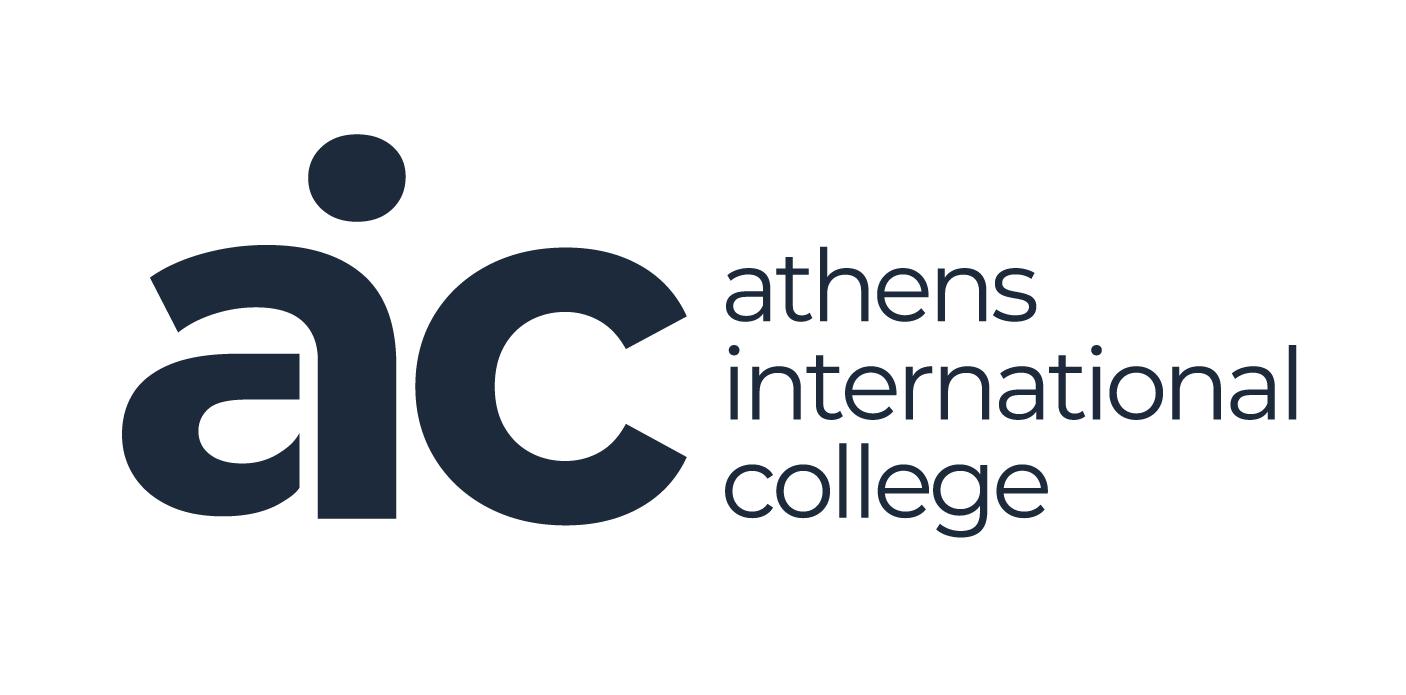The MA in Business Management is designed for:
-
University graduates seeking to gain specialization and a postgraduate qualification in a dynamic and demanding field.
-
Early-career professionals aiming to enhance their knowledge in financial management, accounting, and risk management.
-
Financial sector executives wishing to upgrade their professional profile and advance into roles with greater responsibility.
Through the MA in Business Management program, students gain multiple benefits, including:
Holistic understanding of the business environment
Students acquire a comprehensive view of all key business functions — strategy, marketing, finance, human resources, and operations.
Development of leadership and management skills
The program enhances abilities in decision-making, team leadership, problem-solving, and effective management of people and resources.
Increased employability in the Greek and international markets
Graduates are well-prepared for leadership roles in companies of all sizes across sectors such as tourism, trade, services, shipping, and technology.
Opportunity for career change or advancement
Professionals from other fields (e.g., engineers, social scientists) can gain essential management knowledge and transition into management positions.
Training in modern business practices
The curriculum integrates topics like sustainability, digital transformation, entrepreneurship, and innovation — equipping students for today’s competitive environment.
Cultivation of entrepreneurial thinking and initiative
Students are encouraged to think entrepreneurially, develop their own projects or startups, and seize business opportunities both in Greece and abroad.
Networking with peers, faculty, and professionals
The MA in Business Management offers a dynamic environment for collaboration and connection with individuals from diverse industries and countries, broadening both professional and personal horizons.
The course presents the fundamental theoretical principles, criteria, and quantitative/qualitative methods supporting the modern decision-making process in matters related to product manufacturing and service operations, aiming to enhance the efficiency and/or effectiveness of the business.
The course aims to determine the value of information systems in business strategy, the importance of organizing IT departments as IT service providers, and the evaluation of modern integrated information systems.
The course emphasizes accounting information, the analysis of financial statements, and the study of topics such as costing, pricing, leverage, investment strategy, business performance, auditing, and credit policy.
The course aims to emphasize the importance of Human Resources as a key factor in creating competitive advantage. Within this framework, contemporary perspectives, strategies, and policies are analyzed to achieve this goal in a demanding business environment.
This course focuses on presenting the complete theoretical framework of Marketing Management, as well as the theoretical models and implementation tools.
Particular emphasis is placed on enabling students to apply and implement these concepts through the development of a Marketing Plan brief, addressing the marketing parameters of both the internal and external environment of a business or organisationa.
The course, emphasizes on environmental variables, the development of alternative strategies, their evaluation, and strategic-level decision-making by businesses.
The course explores the role that small businesses play in the economy and society, and examines the management of small enterprises across a wide range of contexts and situations. It adopts a holistic approach. Functional areas such as operations management, marketing, and finance are often absent in small businesses. Instead, managers must be flexible and able to navigate the complexity and ambiguity of operating in a modern, dynamic, post-modern environment.
This course helps students develop an understanding of the additional knowledge and skills required by managers in an international business environment. It aims to enhance managerial capability to analyze the risks associated with international business situations. This enables managers to deepen their understanding by exploring a topic in international management that is relevant to them or their organization.
This course aims to introduce students to topics that provide knowledge of human behavior in the workplace, through the design of research projects, data collection and analysis, and the presentation of results. The course focuses on the skills and knowledge deemed essential for the successful completion of a research project.
The thesis provides students with the opportunity to specialize in a specific area of interest by completing an independent, in-depth research project, guided by faculty actively engaged in research. Students evaluate and synthesize research philosophies, using secondary and/or primary sources, and analyze their findings in relation to existing theories.
The thesis is of interest to potential future employers, as it demonstrates critical thinking, research proficiency, and business knowledge. It may also encourage students to pursue further research, either in a consultancy context or within ongoing academic research at the PhD level.
At Athens International College, we recognize that today’s manager must lead with vision, act with agility, and stay ahead of rapid changes. This is why we designed the AIC Upskilling Track — a dynamic learning experience that complements your studies with strategic, high-value executive seminars and provides access to practical, business-relevant knowledge across a range of critical areas. Each seminar is carefully crafted to bridge the gap between academic knowledge and managerial application, ensuring that upon graduation, you not only hold a prestigious degree but also possess an enhanced executive toolkit.
All students are entitled to attend 2 seminars per year for free, and receive a 50% discount on all Artificial Intelligence seminars.
For example MA in Business Management students can attend:
- AI + Executive
- Sustainability, ESG & Purpose-Driven Business
Admission Requirements for Postgraduate Programs
- Bachelor’s degree from a Higher Education Institution (Technological Educational Institute or University) or equivalent professional qualifications
- Relevant professional experience
Applicants must complete an Application Form, which is evaluated on a case-by-case basis.
A satisfactory level of English proficiency is required to ensure comprehension of English-language texts.
Required Documents
- Copy of degree certificate or professional qualifications
- Four passport-sized color photos (3 × 4.5 cm)
- Copy of ID card
- Two reference letters
- Employment verification
- Curriculum Vitae (CV)
Attendance and Program Details
- Start Dates: October for the Fall semester or March for the Spring semester
- Duration: 1 year
- Class Schedule: Friday afternoons and Saturday mornings, every two weeks
- Language of Instruction: Courses and assessments (exams and assignments) are conducted in Greek
- Degree Awarded: The degree is awarded by the University of Winchester, U.K.
By enrolling at Athens International College, students are simultaneously registered at the University of Winchester, which also issues the corresponding student ID.











